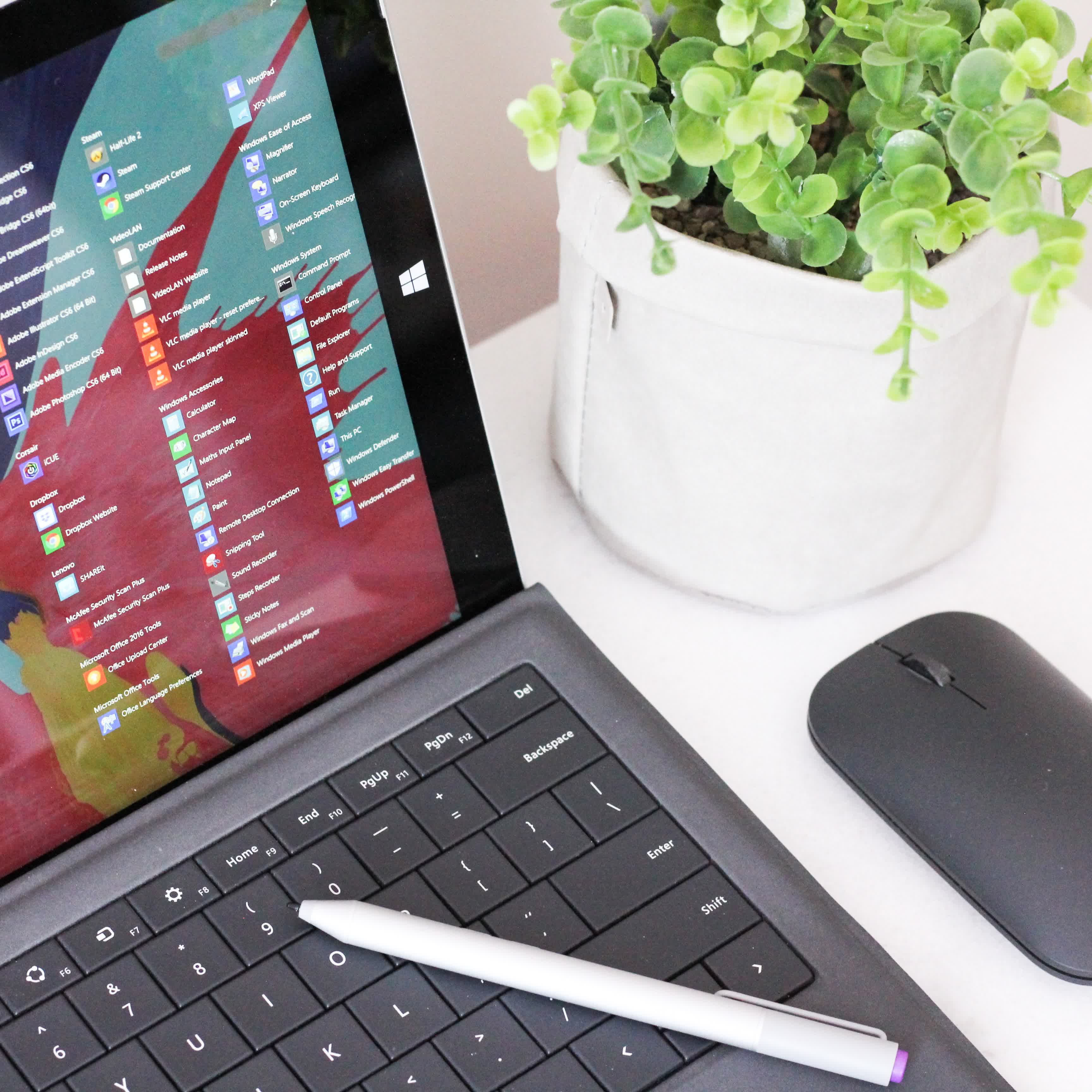What just happened? Almost exactly two years after release, Windows 11 remains a distant second to Windows 10 in terms of global market share. As of September 2023, Microsoft's latest desktop operating system is installed on 23 percent of all PCs worldwide, while Windows 10 runs on 71 percent of all Windows computers.
The results come from StatCounter's latest Windows version market share report that also revealed how former favorites, Windows XP and Windows 7, are slowly giving way to more modern Windows versions. As per the report, XP is now installed on less than 1 percent of all Windows PCs, while the Windows 7 only runs on about 3 percent of PCs. Windows 8, which never quite managed to gain a foothold in the market, can be found on only 0.35 percent of Windows computers as of September 2023.
The results also show that Windows 10 has managed to retain market share despite Windows 11 making some gains in recent months, mostly at the expense of older operating systems like Windows 7 and Windows 8/8.1. While Windows 10 remains a relatively solid OS, it will no longer get feature updates from Microsoft, meaning folks wanting all the latest enhancements would have to jump ship to Windows 11 sooner rather than later.
Also read: Microsoft closes Windows 7-to-11 free upgrade loophole after seven years, we think
However, people who want to hang on to Windows 10 a bit longer can do so without risk, as Microsoft will continue rolling out security patches to the OS for two more years before its mainstream support ends in October 2025. As for Windows 11, the company rolled out the 'Moment 3' update last month to all supported desktops and laptops, bringing a number of new features and improvements.
Meanwhile, another report reinforces the notion that gamers have adopted Windows 11 a little more enthusiastically than general users. According to Valve's monthly Steam Hardware & Software Survey results, Microsoft's latest OS is used by 37% of all gamers on Steam, while Windows 10 remains the undisputed leader with 57%. Curiously, Windows 11's share is down 1.79 percentage points since last month, while Windows 10 is up 1.99 percent.
As for older versions of the operating system, Windows 7 and Windows 8 combined have less than 2 percent market share among Steam gamers, but that is likely go down to zero in January 2024 when Valve plans to drop support for pre-Windows 10 versions. Among non-Windows OS on Steam, macOS has a 1.43 percent share, while the various Linux distros combined get 1.63 percent.
https://www.techspot.com/news/100359-windows-11-lags-windows-10-overall-market-share.html

